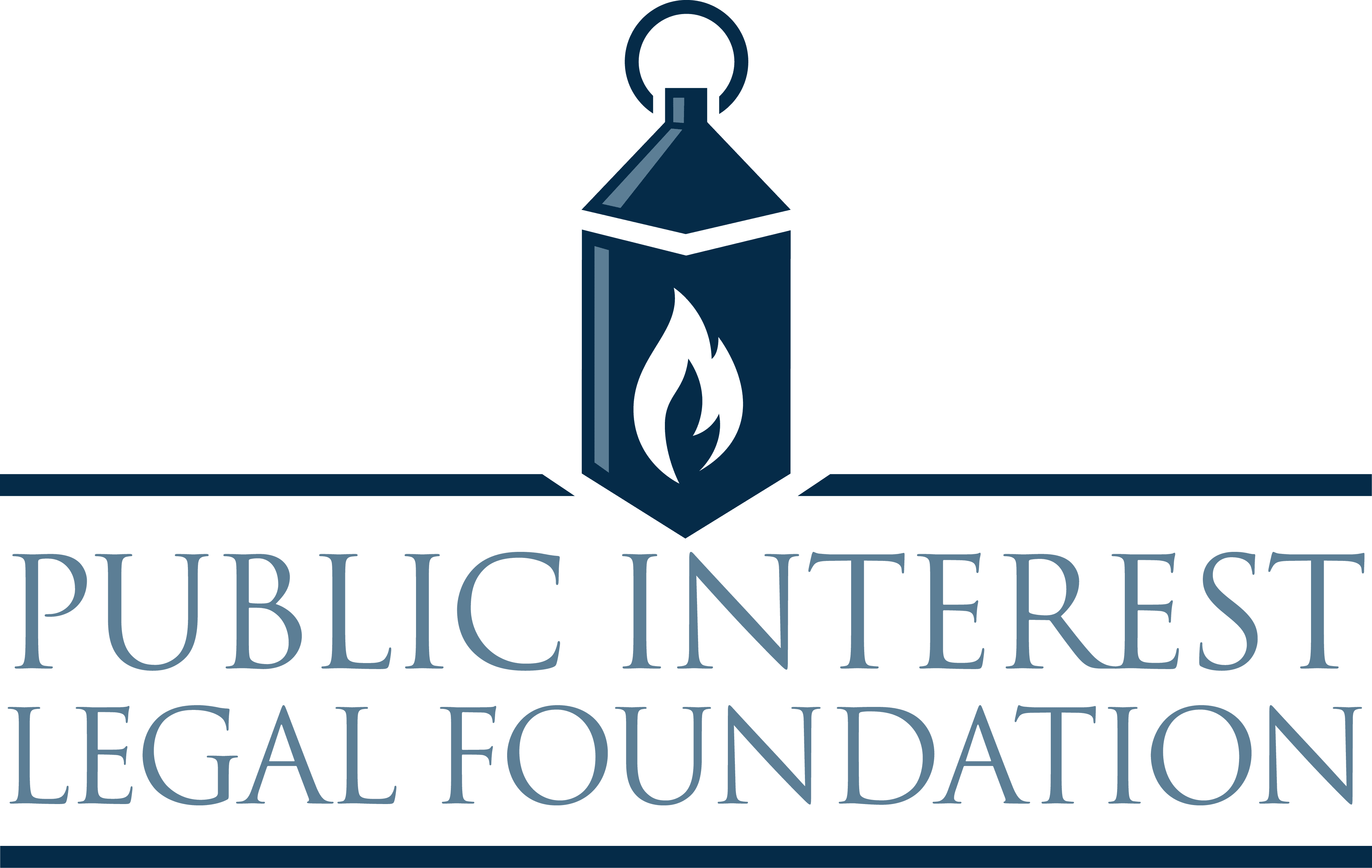(INDIANAPOLIS, IN.) – June 21, 2017: The Public Interest Legal Foundation (PILF) today announced the publication of Best Practices for Achieving Integrity in Voter Registration, a report dedicated to offering state and local governments expert guidance on cutting-edge strategies and techniques in maintaining voter rolls for an increasingly mobile electorate.
PILF relied upon experts in election administration and previous experience in state and federal election oversight to collaborate in composing the report.
“This report is our attempt to disseminate lessons learned in voter roll maintenance, encouraging state and local officials to re-assess their current procedures where needed,” PILF President and General Counsel J. Christian Adams said. “Too many take for granted the idea that all jurisdictions’ voter records are properly and uniformly cared for. This broad-scoped study will encourage improvement nationwide.”
Best Practices argues that in the quarter century since President Bill Clinton signed his first law, the National Voter Registration Act (NVRA), “chronic inaccuracy and [a] lack of integrity in the voter rolls” has become the “most significant problem facing America’s electoral process.” The authors highlight how fossilized federal standards locked administrators into a system of voter roll maintenance via First Class Mail—giving little allowance for adoption of contemporary technologies. Worse, the core mechanics of NVRA, commonly known as “Motor Voter”, did not overtly anticipate the ever-increasing access of legally and illegally-present aliens to social service transactions where voter registration could improperly occur.
The authors offer the following general reforms, outlined in greater detail in the report:
- Seek upgrades to statewide voter registration system software—some of which date back to the mid-2000s;
- Engage with voter roll maintenance cooperatives like Voter Registration Crosscheck (IVRC) and Electronic Voter Registration Center (ERIC);
- Perform statewide voter list audits;
- Upgrade procedures for identifying deceased voters;
- More closely follow federal datasets indicating voter relocation;
- Perform annual voter outreach;
- Perform voter education campaigns;
- Provide improved online tools for self-updates of voter data;
- Establish citizenship verification data sources;
- Provide uniform updates of quarterly voter list maintenance, and more.
The Best Practices report follows President Donald J. Trump’s Executive Order on the Establishment of Presidential Advisory Commission on Election Integrity. PILF intends to contribute to the body’s future studies by offering these findings and suggestions in the near future.
“Voter registration reform is the next big debate in our elections,” Adams added. “Current law and procedures do not adequately reflect our increasingly mobile society. Congress did not anticipate in the 1990s that states like California and Maryland would offer Motor Voter transactions to illegally present noncitizens. ‘Best Practices’ helps local officials strike a balance between integrity and access with an eye always toward innovation.”
The primary authors for Best Practices are:
- Donald Palmer – Educates the public on the recommendations of the Presidential Commission on Election Administration (PCEA) under President Obama. Palmer was the Secretary of the Virginia Board of Elections from 2011 to 2014. For the 2008 and 2010 election cycles, he served as the state director for the Florida Department of State. Palmer was a trial attorney in the Voting Section of the U.S. Department of Justice and served as a Navy JAG officer prior.
- Hans A. von Spakovsky — Heritage Foundation Election Law Reform Initiative Manager and Senior Legal Fellow with prior service as a member of the Federal Election Commission. Spakovsky served as counsel to the assistant attorney general for civil rights during the Bush Administration. He is a former vice chairman of the Fairfax County (Va.) Electoral Board and a former member of the Virginia Advisory Board to the U.S. Commission on Civil Rights.
- Christian Adams – serves as President and General Counsel of the Public Interest Legal Foundation. He is also the founder of the Election Law Center, PLLC. He served from 2005 to 2010 in the Voting Section at the United States Department of Justice. He is the author of the New York Timesbestseller Injustice: Exposing the Racial Agenda of the Obama Justice Department.
You can access Best Practices for Achieving Integrity in Voter Registration, here.
Public Interest Legal Foundation (PILF) is a 501(c)(3) public interest law firm dedicated to election integrity. The Foundation exists to assist states and others to aid the cause of election integrity and fight against lawlessness in American elections. Drawing on numerous experts in the field, PILF seeks to protect the right to vote and preserve the Constitutional framework of American elections.
###

